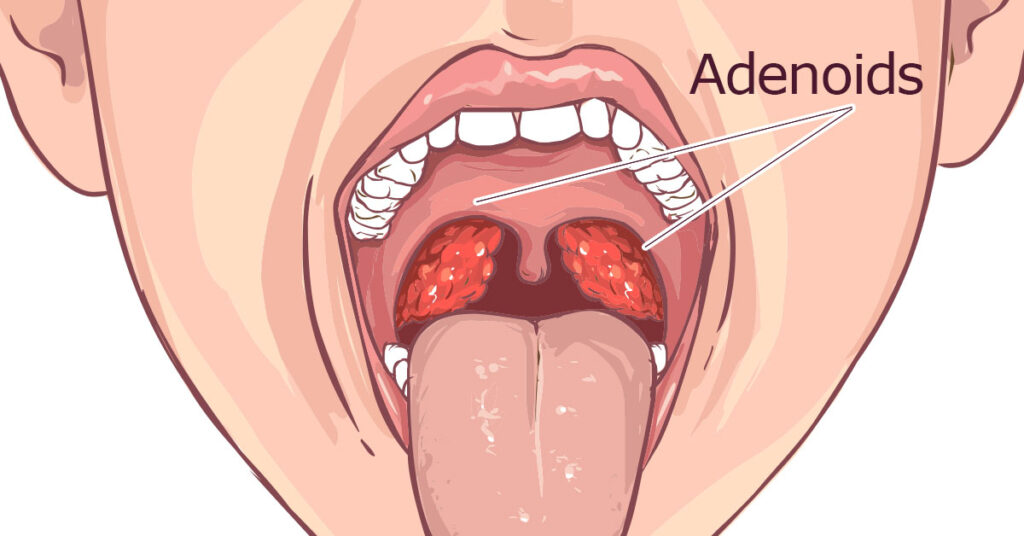
Adenoids, often overlooked in discussions about the body’s immune system, play a crucial role in safeguarding our health. Situated at the back of the nasal cavity, these soft tissues act as a defense mechanism, particularly during childhood, aiding the body in its fight against adenoid infections.
Adenoids, also known as pharyngeal tonsils, are a part of the lymphatic system and consist of soft tissue made up of lymphocytes, the cells crucial for fighting infections. Found behind the nose, near the Eustachian tubes, adenoids are typically larger in children and tend to shrink as they grow older, often becoming almost negligible by adulthood.
The primary function of adenoids is to help the body recognize and combat infections entering through the nose and mouth. They act as a first line of defense, trapping harmful germs like bacteria and viruses. Adenoids also produce antibodies to fight off these pathogens, aiding the body’s immune response.
During childhood, adenoids are notably active. However, their enlarged size can sometimes lead to health issues:
Enlarged Adenoids
When adenoids become swollen due to frequent infections or inflammation, they can obstruct the airways, leading to various complications. Children with enlarged adenoids might experience:
Diagnosing adenoid issues involves a physical examination by a healthcare professional. In some cases, X-rays or endoscopic examinations might be necessary for a comprehensive assessment.
Treatment options for adenoid-related problems depend on the severity and symptoms:

Although adenoids serve a vital function in fighting infections, their removal doesn’t significantly impair the immune system. The body’s immune response adapts, and other lymphoid tissues take over their role in safeguarding against infections.
In conclusion, adenoids play a crucial role in protecting the body against infections, especially during childhood. While they may cause health issues when enlarged, proper diagnosis and treatment can alleviate associated problems. Understanding the functions and impact of adenoids on overall health contributes to better healthcare practices, ensuring optimal well-being for individuals, especially during their formative years.
Please call Evercare Hospital’s 24X7 Hotline number 10678
©2023. Dr. Sarwar Jahan Bhuiyan. All Rights Reserved.
